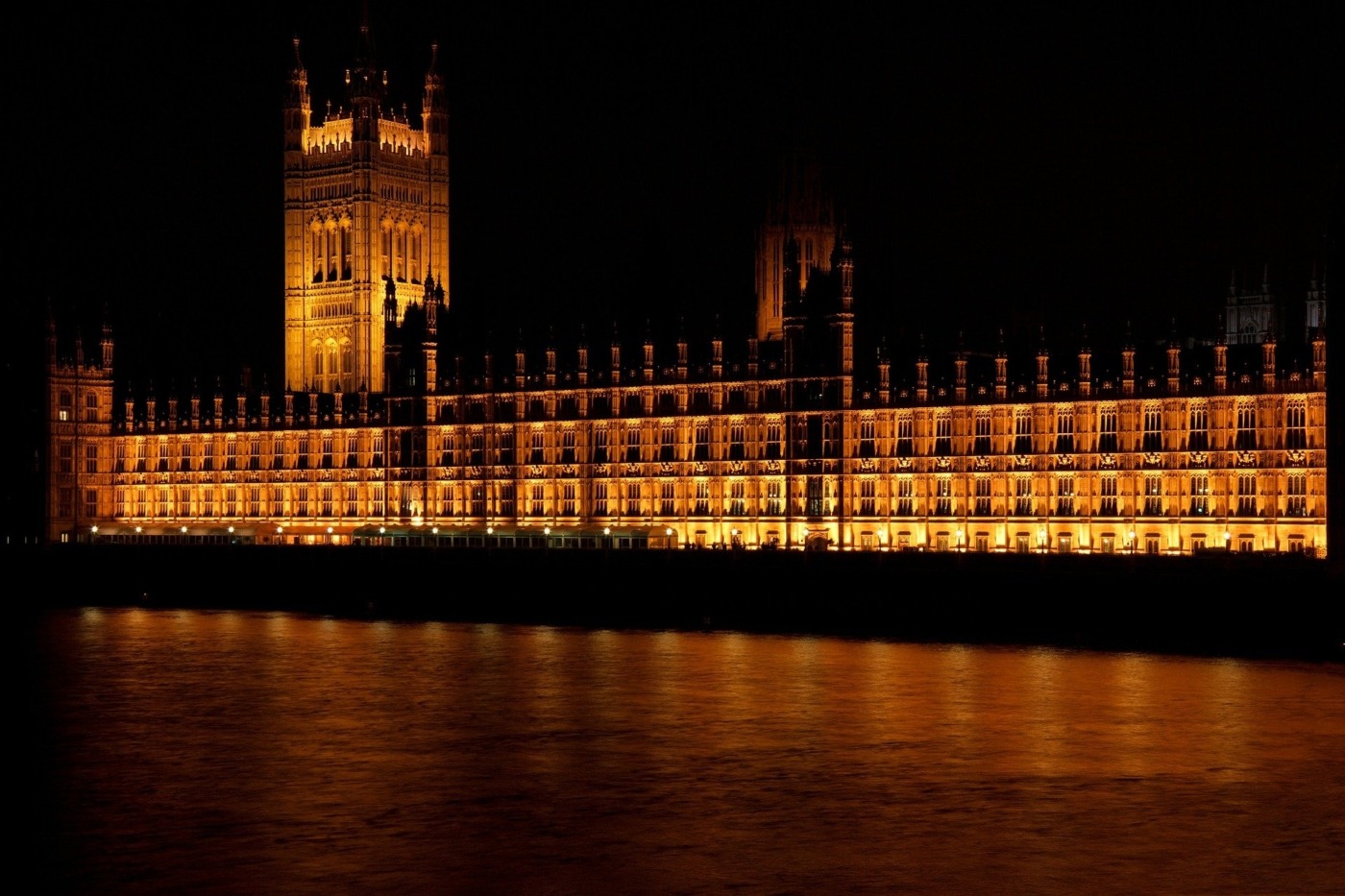What can we learn from the UK parliament’s Covid report?
According to a parliamentary report, the British government and scientists made a fatal error in the early days of the Covid-19 pandemic, backing a strategy that essentially amounted to “herd immunity”. The report states that this was “one of the most important public health failures the United Kingdom has ever experienced”, leading to the loss of thousands of lives. This assessment of the government’s response, agreed unanimously by a bipartisan group of Conservative, Labour and SNP MPs, is the first authoritative investigation into the UK’s response, and it indicates both what went wrong and what we should learn moving forward.
The report by the House of Commons science and technology as well as health and social care committees said that despite the UK having “some of the best expertise available anywhere in the world”, it had decided to delay lockdowns and social distancing during the early weeks of the pandemic. It writes that the government initially intended to “manage, not suppress, infection”, and its strategy was one of herd immunity – the idea that a population is effectively protected from a disease after enough people have been vaccinated or by people having developed antibodies by having the disease. At the time, it was estimated that herd immunity for Covid would be reached at 65-70%, but this was before the emergence of the Delta variant.
The government initially intended to “manage, not suppress, infection”
One issue was exactly how this could be achieved. Vaccines didn’t emerge until about a year later, and there was a widespread view in government that the public would not accept lockdown for a significant period. One policy option that was considered was to protect the most vulnerable and let those less likely to suffer severe symptoms catch the virus, building herd immunity that way. This didn’t pan out, and the failure of track-and-trace systems, coupled with Imperial College modelling 250,000 deaths, eventually pushed the government to declare lockdown on 16 March. Backlash soon followed about the proposed herd immunity strategy, and the government’s response was simply to pretend it had never happened.
The report identified several reasons for the errors in policy and advice early in the pandemic. They include inadequate data on the spread of Covid as a result of failings in the UK testing operation; overreliance on specific mathematical models; underestimating public willingness to comply with lockdown measures; secrecy about the membership and activities of the government’s Scientific Advisory Group for Emergencies (Sage); and a UK-centric attitude that shut out alternative views from elsewhere, particularly east Asia but also elsewhere in Europe.
Greg Clark, chair of the committee, noted the “contrast between the great success of the UK vaccines initiative and the poor performance of NHS Test and Trace. They are almost mirror images”. The vaccines programme thrived as “an effective collaboration between public and private sectors and research institutions”, he said. In contrast, Test and Trace followed a centralised model that rebuffed assistance from universities and other laboratories outside Public Health England, while local public health teams were not harnessed effectively to trace contacts.
Interestingly, despite common criticism that the government failed to follow scientific advice, the report found many of these mistakes emerged because they refused to deviate from it. It reads: “In the first three months the strategy reflected official scientific advice to the Government which was accepted and implemented. When the Government moved from the ‘contain’ stage to the ‘delay’ stage, that approach involved trying to manage the spread of Covid through the population rather than to stop it spreading altogether. The fact that the UK approach reflected a consensus between official scientific advisers and the Government indicates a degree of groupthink that was present at the time which meant we were not as open to approaches being taken elsewhere as we should have been.”
Covid has now been associated with more than 150,000 deaths in the UK and, although international comparisons of mortality rates are not as simple as just comparing numbers, it’s clear the government got a lot of things wrong. Mistakes would always have been made – Covid-19 was a novel virus – but certain errors occurred that simply shouldn’t have. Those in charge of our Covid response, in both governmental and scientific circles, engaged in a UK-centric approach that often disregarded or ignored other voices – although we often heard the mantra ‘follow the science’, science is often not a monolithic entity with a single correct interpretation. There were political and scientific failures in our Covid response, and acknowledging that is the first step towards learning from them.

Comments